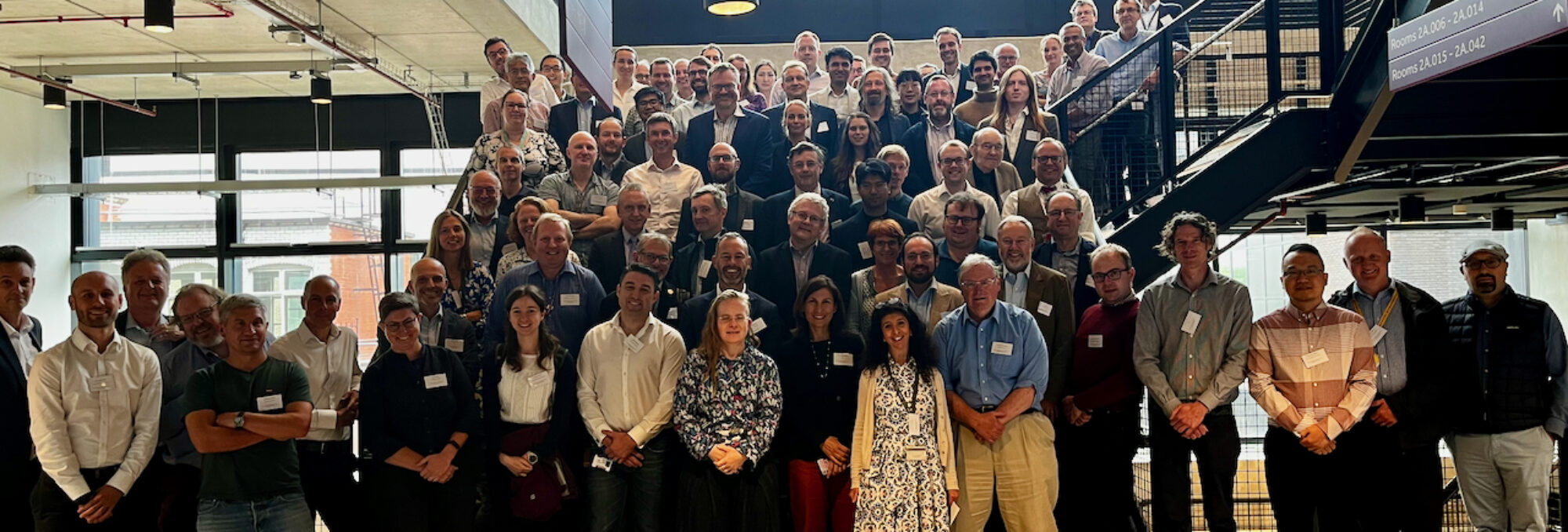Discussion on Future Skills and Subject Matter Experts
Over the next 5-10 years the UK nuclear sector will require a significant number of new highly qualified technical staff who can develop into future subject matter experts (sme) in national laboratories, industry and academia. These additional requirements will arise from around 50% of sme retiring in the next few years and the expansion of the nuclear programme increasing R&D requirements. In the past many SMEs have developed through the UK’s national R&D programmes but the critical and acute challenges that now exist will require an acceleration of the development of potential sme whilst still at university.
A group of academics and representatives from industry and national laboratories discussed this topic coordinated by Graham Fairhall from the National Nuclear Laboratory. The key discussion points were:-
- Industry and national labs need to work with academia to establish the future skills requirements including what disciplines, how many and when
- Universities are flexible and will develop courses and research training programmes to meet future needs
- There are a number of programmes already in place and additional ones anticipated that can build the foundation for future sme development e.g. CDTs, Eng Doc, case awards and bursaries – however it was agreed that greater coordination was needed
- There is a willingness for universities to work together and this has been demonstrated across previous nuclear research programmes
- The direct involvement of national lab / industry technical staff (sme) as part of the research / training was viewed as beneficial to develop the students
- Placements within industry as part of the training scheme was seen as important providing they provide a good experience for the student
- It is important to have science and engineering courses with nuclear at undergraduate level and engagement with industry at this stage was important but not well established
- Overall it was concluded that there was a good foundation to build on but to be successful required a step change in programmes and funding
- Some issues were identified –
- If the requirements expand significantly could the academic community cope with the numbers whilst maintaining the quality of supervision and teaching
- Many parts of the UK industry require UK or EU nationals and therefore university courses in nuclear must be attractive to home based students
- How to fund? There needs to be a new and sustainable funding stream for this activity, if it is to be successful. not an ad hoc expansion of existing areas
- Skills and the development of sme needs coordination across industry, national labs , academia and Government and the planned formation of NIRO and NIRAB should play a key role in this area in the future
- There is work ongoing on defining a R&D skills strategy, through the NESA subgroup on higher level skills, led by NNL and The University of Manchester with industry involvement. It was recommended the output from this discussion be fed into this work.
